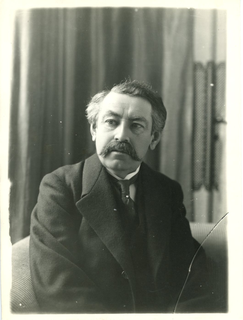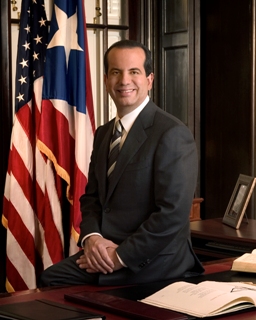A Quote by Friedrich Nietzsche
Their usual mistaken premise is that they affirm some consensus among people, at least among tame peoples, concerning certain moral principles, and then conclude that these principles must be unconditionally binding also for you and me-or conversely, they see that among different peoples moral valuations are necessarily different and infer from this that no morality is binding-both of which are equally childish.
Related Quotes
One of the market's virtues, and the reason it enables so much peaceful interaction and cooperation among such a great variety of peoples, is that it demands of its participants only that they observe a relatively few basic principles, among them honesty, the sanctity of contracts, and respect for private property.
Our object now, as then, is to vindicate the principles of peace and justice in the life of the world as against selfish and autocratic power, and to set up among the really free and self-governed peoples of the world such a concert of purpose and of action as will henceforth insure the observance of those principles.
While I think in principle people should not have irrational beliefs, I should say that as a matter of fact, it is people who hold what I regard as completely irrational beliefs who are among the most effective moral actors in the world, in many respects. They're among the worst, but also among the best, even though the moral beliefs are ostensibly the same.
If you ask me the image of Latin America, there are sorne countries which oppress their peoples much more, and among the less - least oppressive, among those with which we could have perfectly normal relations without any difficulties - we could have Uruguay, Chile, maybe Costa Rica. But the U.S.. do not permit us.
I think it is important that religious leaders of all kinds consciously attempt to distinguish between issues of natural law on which there is consensus among Catholic, Protestant, and Jew and those issues on which there must be a greater degree of tolerance of other peoples' opinions and of the diversity that is characteristic of American society.
There is no evidence for a god, no coherent definition of a god, no good argument for a god, good positive arguments against a god, no agreement among believers about the nature or moral principles of a god, and no need for a god. We can live happy, moral, productive lives without such belief, and we can do it better.









































